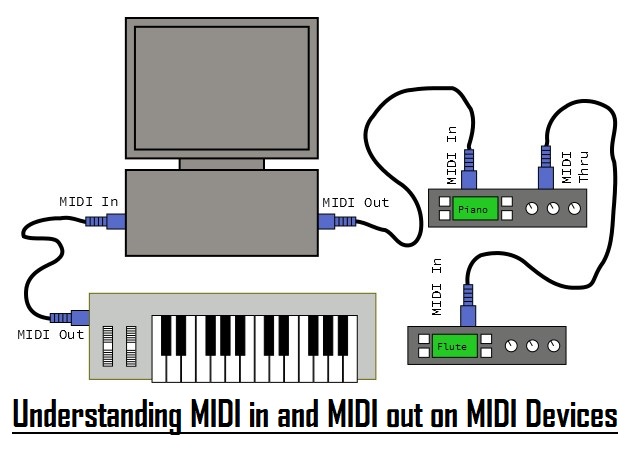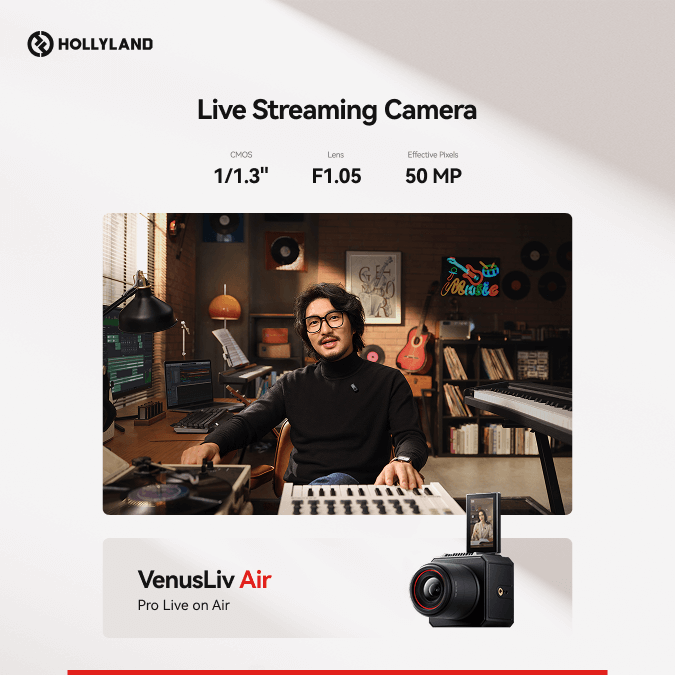The transformative combination of AI and audio has revolutionized traditional music production methods. Therefore, AI has pushed the boundaries of creativity for professional-grade audio mixing. It provides a unique workflow for smooth music production and mixing by addressing the challenges.
AI-assisted audio production is the beacon of innovation for developing a unique artistic expression. It empowers sound engineers to achieve precision with minimal effort and in less time. However, it’s essential to understand how this unique combination works and overcome the expected challenges.
What is an AI Audio Mixer?

AI audio mixers utilize Artificial Intelligence to enhance mixing and balance audio tracks. AI algorithms ensure efficient audio production by analyzing audio tracks and automatically adjusting parameters such as EQ settings and volume.
The intelligent machine learning technique analyzes the audio tracks and develops professional quality quickly and efficiently. Also, AI audio mixers provide cost-effective solutions, and no experience is required to shape the audio. AI-powered mixing consoles efficiently recognize different audio signals and automate the smooth workflow.
Key Features of AI Audio Mixers
AI (Artificial Intelligence) has rapidly and efficiently shaped traditional audio mixing consoles. AI-powered audio mixers shape the future of music production by integrating AI into mixing consoles to enhance the creative workflow.
These audio mixers utilize algorithms to understand the needs of modern music production with precision. Here are key features that AI audio mixers incorporate into your music:
- Automatic Level Adjustment
Also known as auto gain, AI audio mixers automatically adjust the gains or audio levels of the audio tracks. AI level adjustment ensures that audio with varying levels is heard clearly with minimal manual intervention. Each track is summed up to achieve a universal gain and efficiently removes the clipping.
- EQ and Compression
Intelligent equalization and compression help audio engineers control the audio levels by auto-adjusting the loudest and quietest parts. AI algorithms automatically analyze the EQ and compression settings and clarify the audio tracks.
AI intelligently understands each audio track with diverse frequency ranges and eliminates frequency masking. The dynamic range compression reduces the difference between signals and maintains a consistent audio level.
- Enhanced Sound Quality
The innovative vocal and instrument recognition technology analyzes different audio signals and ensures smooth processing. It reduces the need for manual audio adjustment and clarifies the audio signals. The mixers intelligently identify issues such as unwanted background noises or clipping and purify the signals.
- Audio Effects Application
AI-assisted enhanced audio effects create a sonic sound experience for audio engineers. It goes beyond the traditional mixing consoles by analyzing the tracks for genre-specific effects to ensure smooth processing. The intelligent algorithms provide greater creative control to shape the audio with personalized effects.
- Real-time Audio Analysis
AI audio mixers analyze the audio tracks in real time and adjust the unique parameters to achieve a balanced sound. It helps the professionals to make an informed decision about the track and troubleshoot common issues. Therefore, it provides real-time visualization of the tracks and automatically adjusts the parameters.
How do AI Audio Mixers Work?
Audio mixers with integrated artificial intelligence (AI) analyze the audio tracks and achieve a smooth workflow. The audio mixers work the same way with the diversity of AI software and plugins. Here is the breakdown of how AI audio mixers work:
- Audio Analysis

The mixer’s machine learning algorithm analyzes multiple audio tracks precisely to ensure balanced audio. Audio analysis monitors parameters such as audio levels, clipping and distortion, frequency clashes, and dynamic range. It interprets audio signals with minimal manual intervention.
- Balancing

Based on the analysis, AI automatically processes the audio tracks and adjusts the volume levels. It analyzes individual tracks simultaneously to achieve balanced audio with reduced noise and distortions.
- EQ Settings

AI adjusts the audio levels, analyzes the audio signals, and adjusts appropriate equalization settings. The innovative tonal balancing feature removes harshness and masking with precision. Therefore, AI-assisted audio mixers shape the audio signals with intelligent boosts and cuts.
- Compression

Audio compression controls the dynamic range, the difference between the loudest and quietest parts. Therefore, it shapes the transients, ensures clarity, and provides a consistent audio level. AI automatically selects the amount of compression to make audio smoother, consistent, and louder.
- Effects Application
The intelligent implementation of audio effects such as reverb, chorus, delay, and gritty distortions creates uniform audio. It cleans the audio by simulating subtle differences and polishing the sound signals. AI-assisted audio mixer excels at troubleshooting the issues during the final mix.
- Final Audio
After analyzing and mixing the audio, the AI audio mixer provides polished and balanced audio ready for mastering. The AI mixing and mastering tools offer new creative possibilities for audio mixing and mastering with precision.
Key Factors to Consider When Selecting an AI Audio Mixer
When picking a suitable AI audio mixer, it’s essential to consider factors along with your specific needs. These factors are vital for precision professional quality audio mixing.
- Precision and Quality
AI algorithms can fine-tune your audio precisely and bring clarity to sound signals. However, some AI mixers need help to produce the best audio quality and accuracy. So, consider using mixing consoles to automatically adjust equalization settings and dynamic range to achieve better quality.
- Compatibility with DAWs
Ensure the AI audio mixer is compatible with digital audio workstations (DAWs) and other audio production tools. Also, ensure that it’s seamlessly compatible with your operating system for a smooth production process.
- User Reviews and Feedback
Before making any decision:
- Look through community pages and forums to analyze its effectiveness and user experience.
- Ensure that the audio mixer has positive reviews and feedback and is endorsed by the professionals.
- So, choose an AI sound mixer with a good reputation and strong community support.
- Customization Capability
Besides AI-assisted preferences, many AI audio mixers allow customization to control audio tracks completely. It helps producers fine-tune AI’s recommendations further to shape the audio according to your vision. This unique combination ensures AI’s invaluable precision to enhance creativity rather than replace human creativity.
- Genre Support
Some AI audio mixers with machine learning algorithms are designed to achieve a balanced mix with different genres. Furthermore, these mixers also support genre-specific presets and automated mixing for a unique experience. However, genre-specific AI audio mixers have sonic characteristics for particular genres to save time.
Tips for using AI Audio Mixers
Using AI audio mixers effectively will achieve a balanced mix and ensure professional-quality sound production. AI tools are designed to streamline your workflow and enable you to elevate your creativity. Here are some tips for using AI audio mixers efficiently:
- Identify your goals
Consider the type of audio you are mixing and the goals you are trying to achieve. So, genre-specific presets are perfect for beginners to understand better mixing. For professionals, an AI mixer with customization controls is preferable to mix audio that suits your music.
- Prepare Audio Tracks
Ensure the audio files are adequately edited and organized before importing them into the AI audio mixer. Also, ensure that a consistent audio file format is maintained because it will reduce the risk of compatibility issues.
Furthermore, sound files with reduced background noise are preferred to yield better results. For a smoother and consistent mixing experience, it is essential to maintain and import high-quality audio tracks.
- Tweak Settings
Advanced AI audio mixers with machine learning algorithms are trained in versatile professional mixing for a seamless mix of the tweak settings. AI quickly analyzes the audio tracks for the following:
- Inconsistent audio levels of different tracks
- Imbalances in EQ and compression settings
- Speed and frequency Problems
It gives AI an understanding of how to quickly adjust the parameters and automate the mixing for balanced audio. Utilizing different audio settings and AI presets to analyze what works best for your audio project is essential.
- AI recommendations with Manual Mixing
AI audio mixer provides valuable insights into your audio tracks but should not identify the mixing process. Professionals must use AI to analyze issues but rely on creativity to develop audio that aligns with their vision.
After the AI audio analysis, click on the customization options to refine the mixing process further. AI provides recommendations based on algorithms, and creative mixing techniques are required to understand specific moods. For instance, AI suggests audio levels, EQ, and compression settings and adjusts them to align with your needs.
- Stay Updated
With technological advancements, AI audio mixers are rapidly developing with new features and functionalities. AI enhances musical expressions and shapes the audio industry’s creativity. Therefore, updating your audio mixing software is essential to implement updated features seamlessly.
Common Challenges and Solutions
AI brings advancements to audio mixing, but it has many challenges and requires careful consideration. So, understanding and overcoming the mixers’ limitations for professional-grade audio mixing is essential. Hereunder are the common challenges associated with AI-assisted audio mixers:
- Over-reliance on AI
With AI’s technological advancements, it’s easy to fall into the trap of relying entirely on AI mixing tools. It can lead to standardized music production that needs more originality and creativity. Therefore, it is essential to balance human creativity and AI.
The AI can handle initial tasks to save time, enabling the sound engineers to focus on creative aspects of audio mixing. Furthermore, understanding the unique relationship leads to innovative and creative sound mixing.
- Ethical Considerations
The rise of AI in the music production industry raises ethical considerations, such as copyright issues. Who owns the copyright of AI-generated content? Addressing this question is essential for sound engineers to ensure clear guidelines and policies defining ownership.
Another major issue for sound engineers is voice cloning. The AI audio mixing tools can clone the voice and make it their own. As AI continues to shape the audio, ensuring transparency is crucial in maintaining the ethical approach.
- Hardware Requirements
The effectiveness of AI audio mixing software depends on the computer’s hardware capabilities. So, the primary concern is the availability of sufficient RAM for smooth and optimal performance. For better audio mixing, be sure to import high-quality audio files.
Some AI audio mixers provide minimum hardware and software requirements to ensure your system’s compatibility. Furthermore, AI audio mixers continue evolving, and tracking requirement updates is essential.
- Quality Concerns
Another major challenge is the inability of AI-assisted audio mixers to produce and maintain quality with complex audio tracks. Therefore, sound professionals continuously monitor the tracks to ensure they are high quality.
- Limited Creativity
AI audio mixing tools may only be suitable for some genres, which limits their functionality. Different genres have unique sounds and characteristics, making it challenging to produce the expected results. So, using genre-specific audio mixers is ideal for smooth AI mixing.
- Learning Curve
The diverse availability of AI audio mixers makes understanding the features and automated functions challenging. So, spend time analyzing the working capabilities of the AI audio mixer. Furthermore, it ensures a good relationship and enables the development of a better understanding of AI algorithms to save time.
As AI-driven audio mixers reshape the way we manage and perfect audio signals in production, communication clarity among the production team remains essential. Integrating a wireless intercom system ensures seamless collaboration behind-the-scenes, enhancing overall production efficiency and audio consistency.
Best Seller
Sale

Hollyland Solidcom SE – ENC Noise Cancellation Wireless Intercom
- Full-duplex wireless intercom with dual-mic ENC noise cancellation.
- Stable, expandable 1100ft (350m) wireless range in 2.4GHz with auto frequency-hopping.
- Clear audio (70dB SNR) and water/wind resistant design for difficult environments.
- Lightweight, comfortable single-ear headset, easy mute/talk controls via mic boom.
- 12-hour battery life (replaceable), supports USB-C charging for minimal downtime.
- Ideal for efficient team communication in TV/film productions and outdoor activities.
$229
$329
FAQs
What is an AI Audio Mixer?
AI audio mixing uses artificial intelligence (AI) to enhance the blending and balancing of audio tracks. AI algorithms process audio in real time in these mixers and adjust parameters such as EQ, compression settings, and audio levels. So, AI mixing consoles automate the audio mixing with precision and expand creative possibilities.
How does an AI Audio Mixer improve the mixing process?
AI audio mixer significantly improves the mixing process with its machine learning algorithm. It listens to and mixes individual audio tracks, ensuring creativity and precision. Also, AI-assisted mixers intelligently recognize vocal and instrument signals and provide real-time audio analysis. Moreover, the continuous learning algorithm learns and provides an efficient mixing workflow over time.
Can AI Audio Mixers replace human audio engineers?
As AI audio mixers continue to shape the audio with their machine-learning algorithms, they can’t replace human audio engineers. AI mixing consoles can clean the audio, balance levels, and generate music.
However, it lacks crucial elements such as human connections, emotion, and personal expression. Moreover, a professional audio engineer understands the subtle nuances and evokes emotions. So, humans and machines have a collaborative symphony where AI cleans and innovates, and professionals bring creativity and fuel emotions.
What are the limitations of AI Audio Mixers?
One significant limitation is the overreliance on AI audio mixers, which hinders creativity. AI mixing consoles produce audio that lacks human intuition and significantly impacts the emotional aspect of the music. Furthermore, they provide limited creative control over audio tracks.
Despite the advanced machine learning algorithms, AI may only partially capture the complex details of versatile genres. Moreover, AI adoption in the music industry raises ethical considerations such as copyright issues.
How can I integrate an AI Audio Mixer into my existing DAW?
Integrating the AI mixer varies depending on the AI mixing console and DAW. Hereunder is the general process of adding an AI audio mixer to DAW:
- Locate the AI plugin, go to your DAW settings, check the audio unit settings, and then hit rescan.
- It will be available in the “Effects” of the audio track.
- Prepare the audio track and insert the plugin into each track.
- The plugin automatically adjusts the tracks’ settings.
Are AI Audio Mixers suitable for all genres of music?
AI audio mixers may only be suitable for some genres of music because different genres have unique characteristics. Also, it will be difficult for the AI algorithm to understand detailed sound signals precisely. AI mixers with genre-specific presets are suitable for balanced and precision mixing.
What is the future of AI in audio mixing and production?
AI is shaping the audio industry’s future by developing new sounds and genres. It can potentially revolutionize how we create music, making it much easier and faster. AI opens new opportunities and enhances capabilities for different music styles, broadening creativity.
The future of AI in mixing and music production is composed of collaboration and creative exploration. However, the rise of AI in music production brings forth specific challenges, such as transparency and copyright issues.
How do I choose the suitable AI Audio Mixer for my needs?
Here are the critical factors for selecting the suitable AI audio mixer according to your specific needs:
- Compatibility of AI mixer with operating system and DAW
- Level of customization for manual control over audio
- Consider reviews and community feedback
- Genre specificity of the AI audio mixers
- Audio quality and precision
Can I use AI Audio Mixers for live performances?
Yes, AI audio mixers have the potential to elevate live events, but certain limitations need to be considered. AI mixing consoles provide real-time audio processing and automatically balance and adjust the audio. However, due to the unpredictable nature of live performances, sound engineers must anticipate rising issues.
How do AI Audio Mixers handle complex audio tracks?
The machine learning algorithm listens to the tracks in real-time and automatically adjusts the parameters.
- AI audio mixers’ built-in algorithms analyze the audio and assign it to a significant group.
- It separates the vocal and instrument audio signals with precision.
- Then, compression and EQ adjustments are applied.
AI audio mixer productivity becomes limited with unfamiliar genres due to machine learning algorithms.

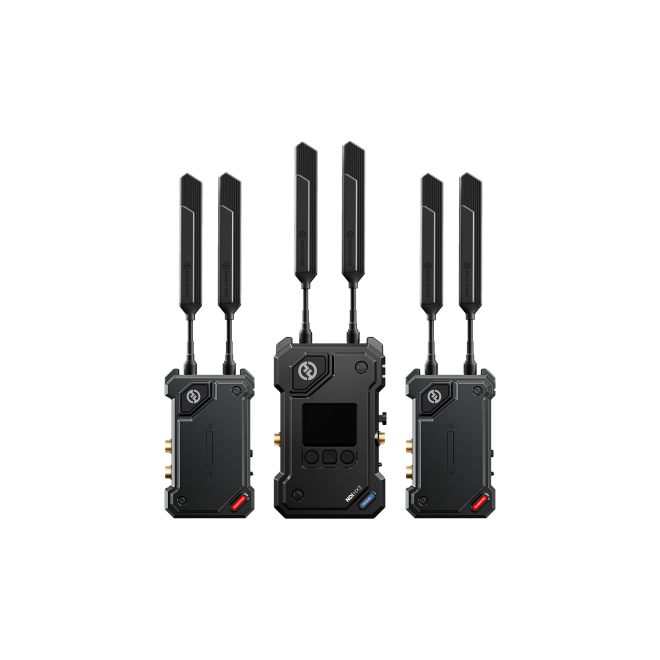
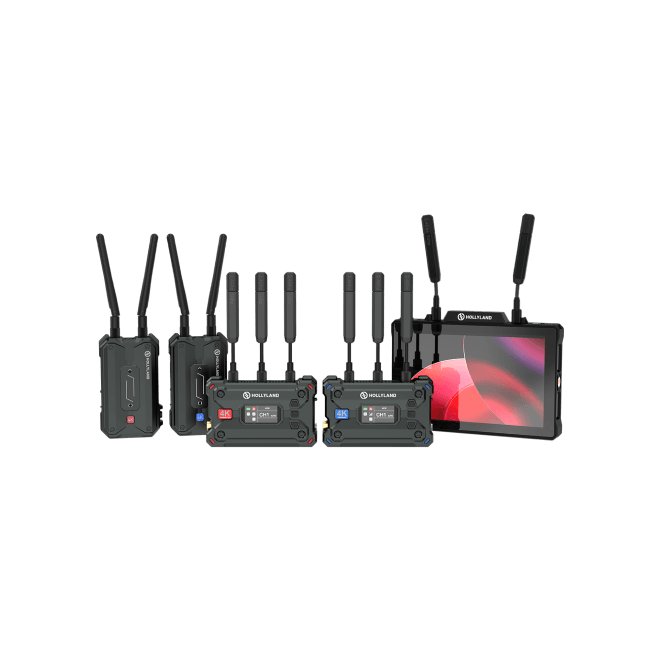
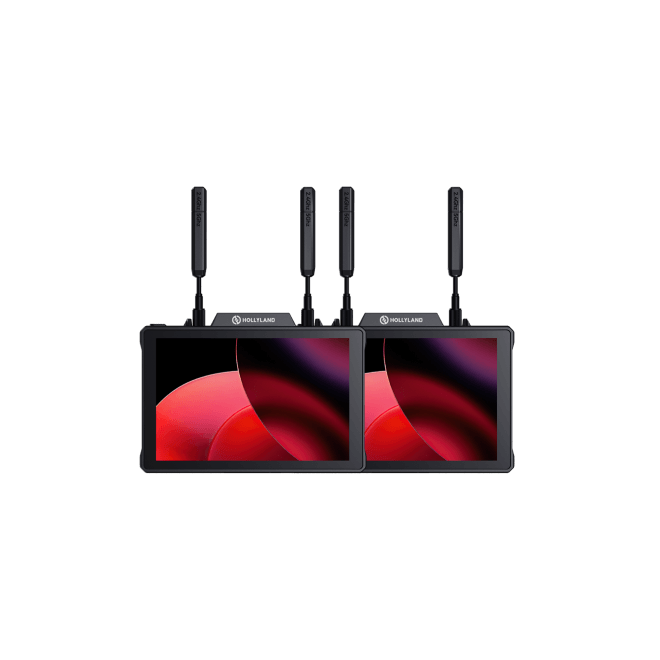
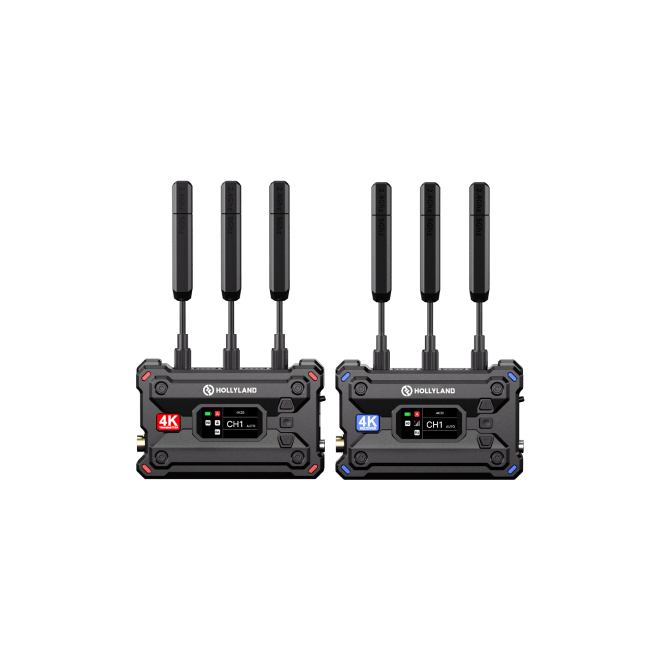
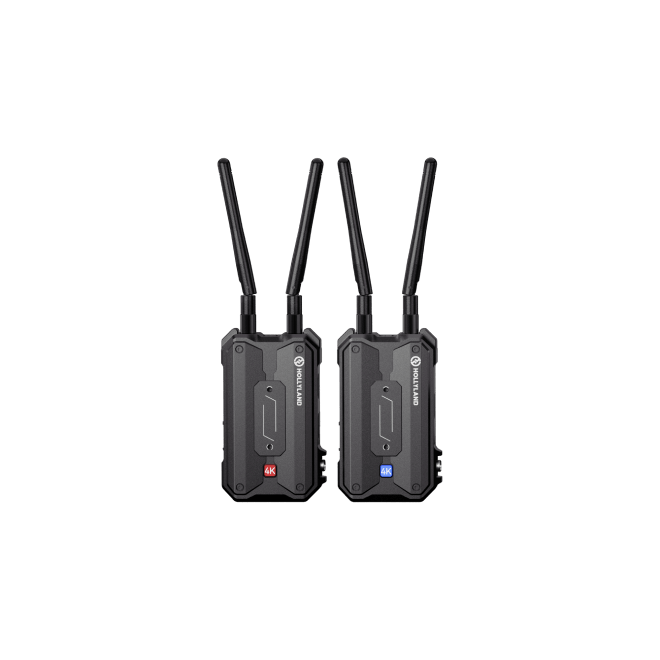
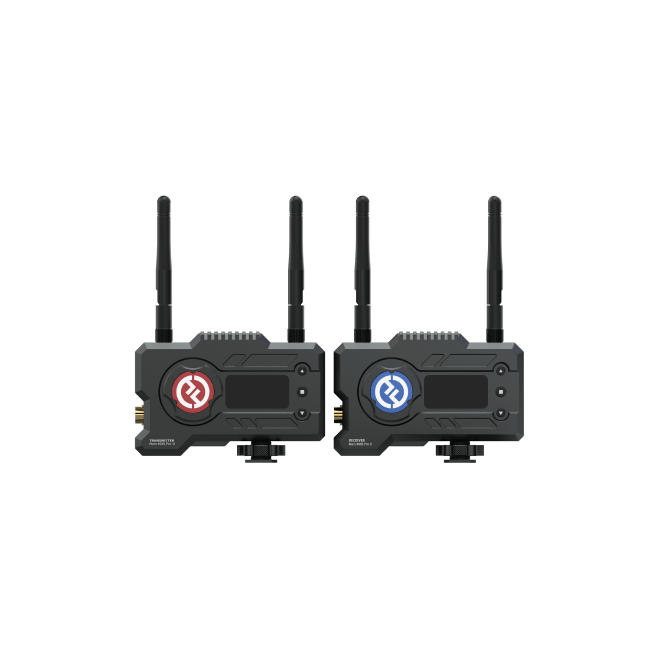
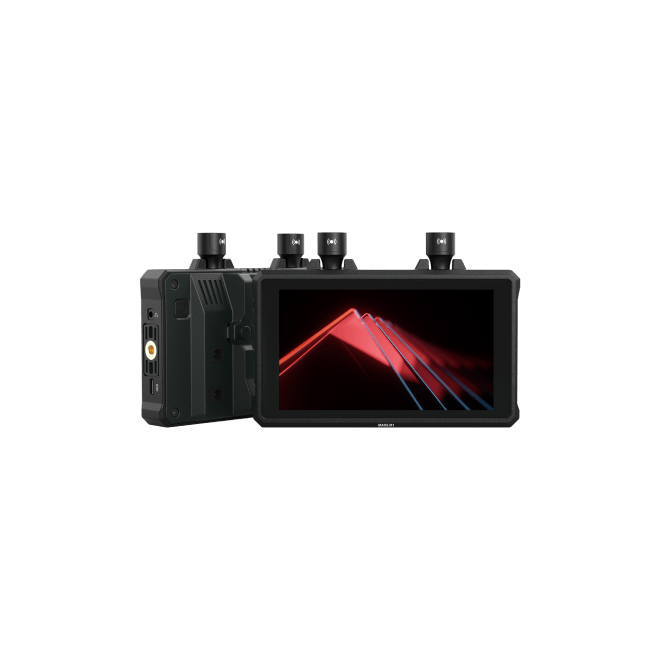
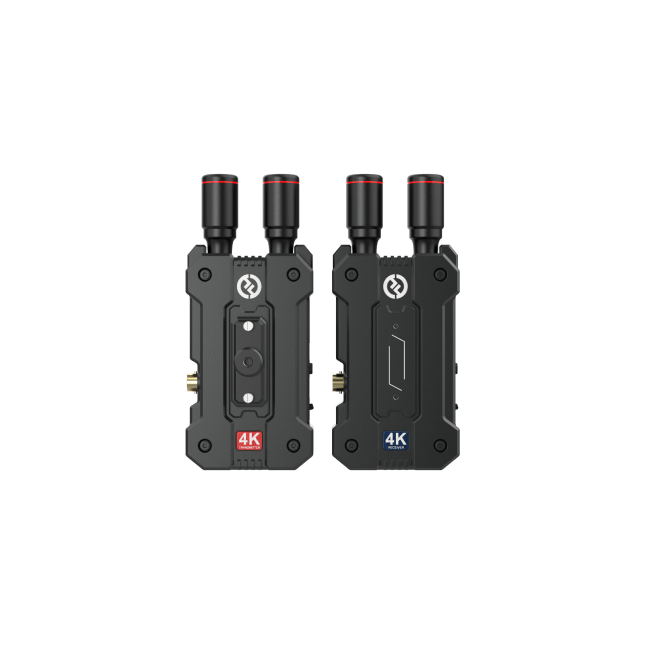
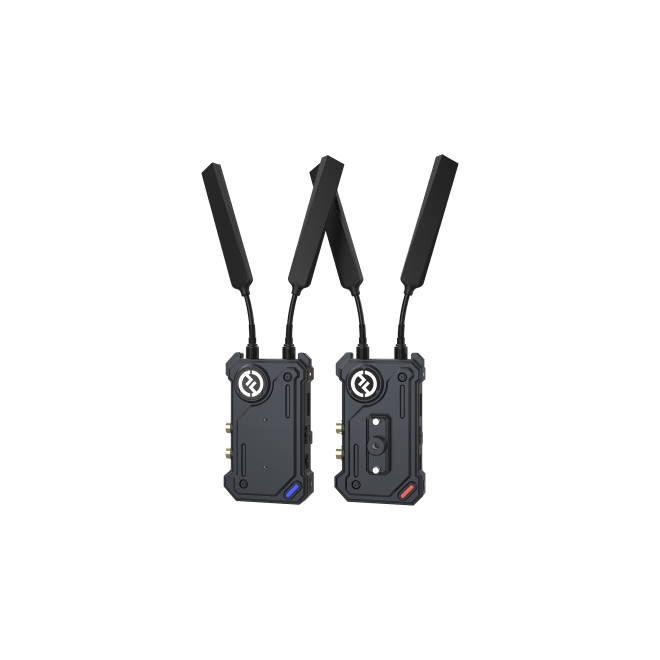
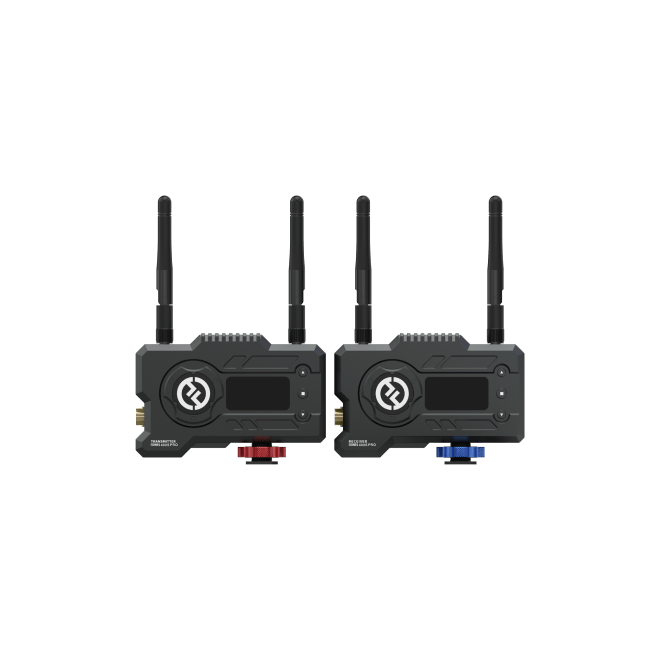
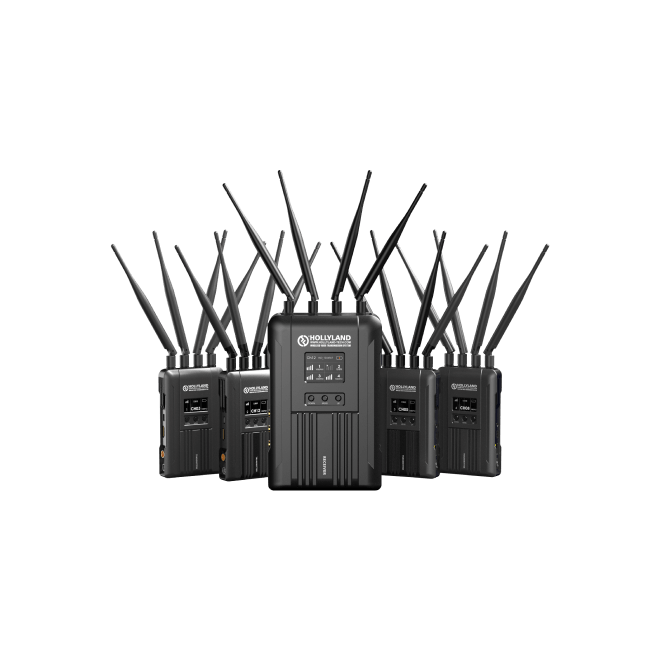


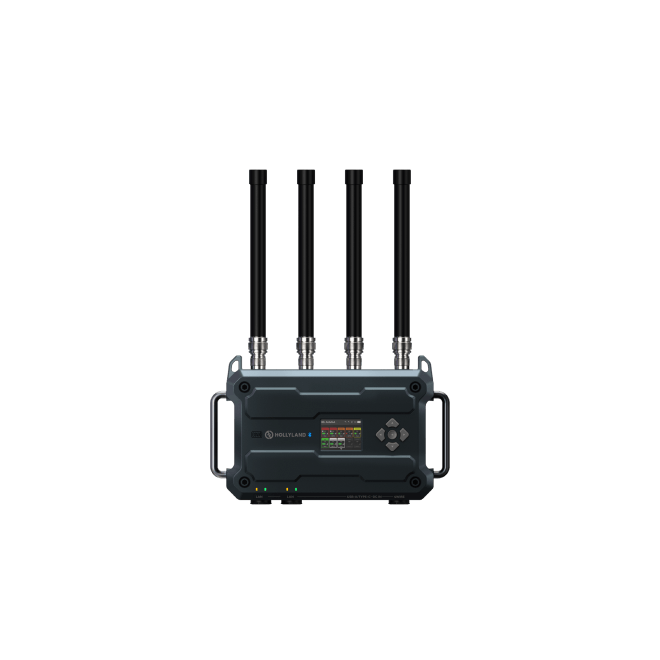
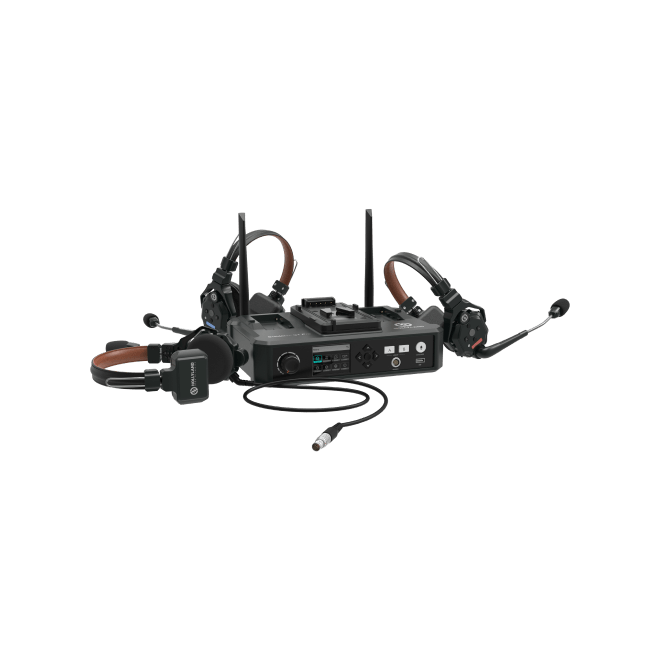
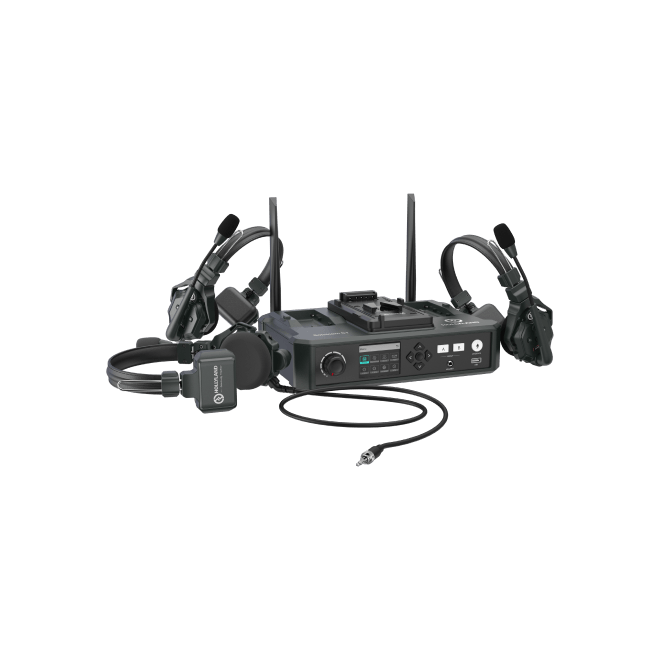
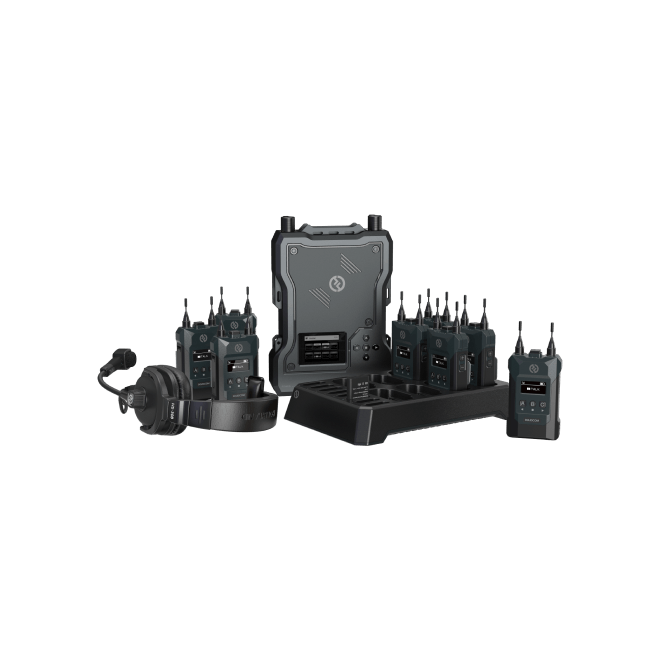
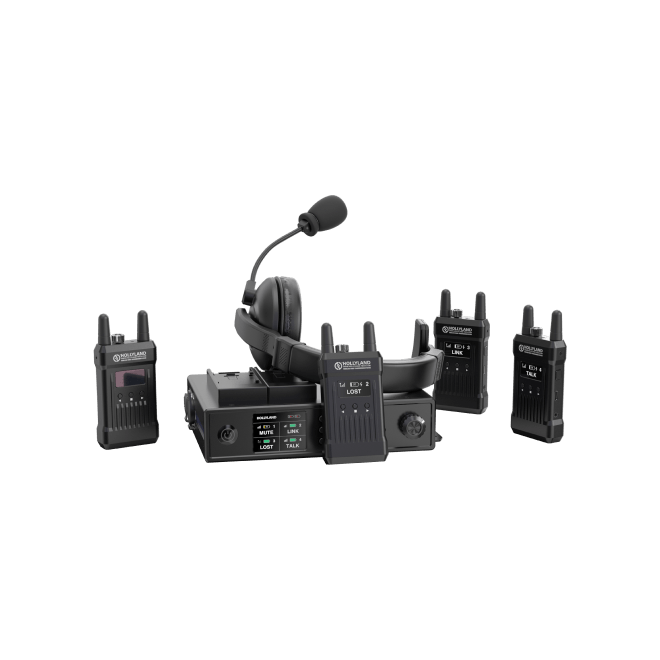
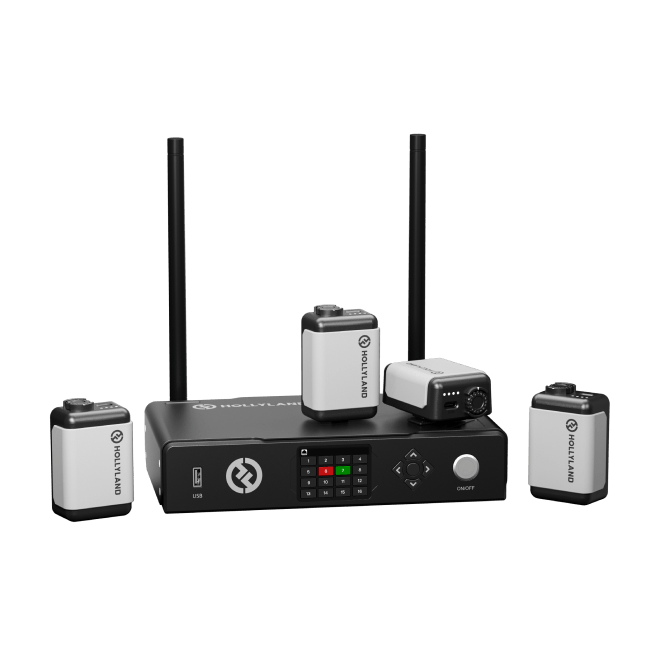
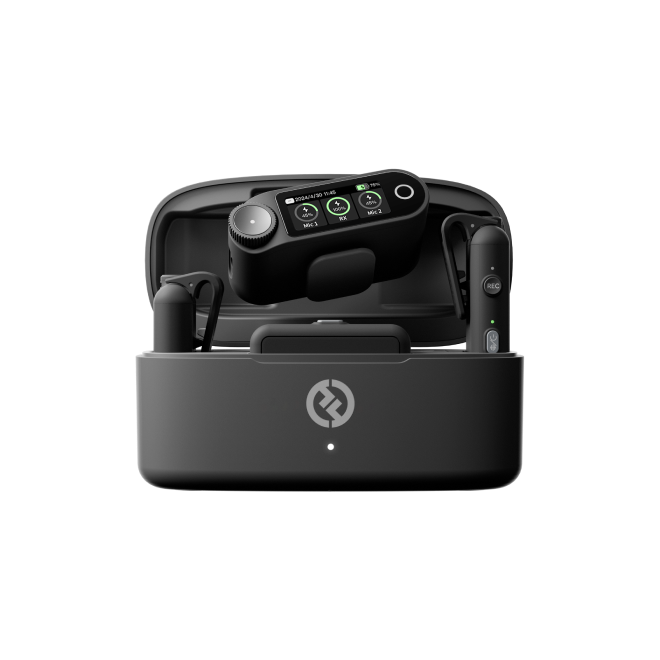
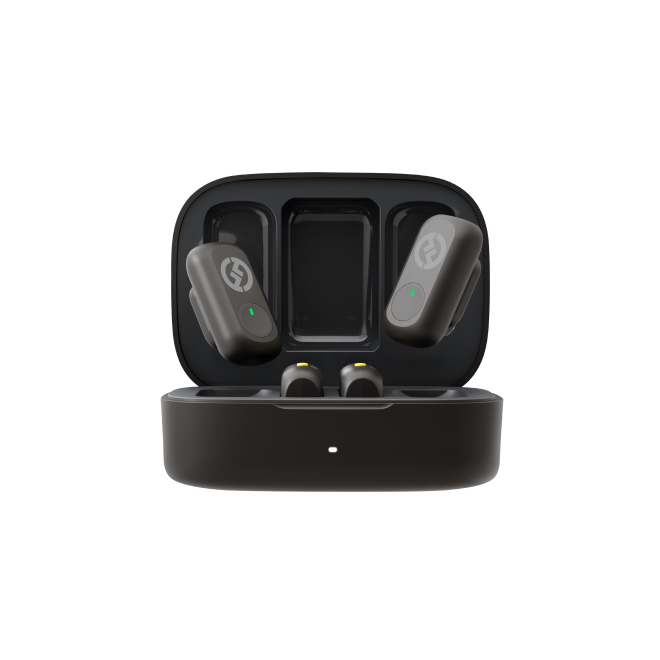

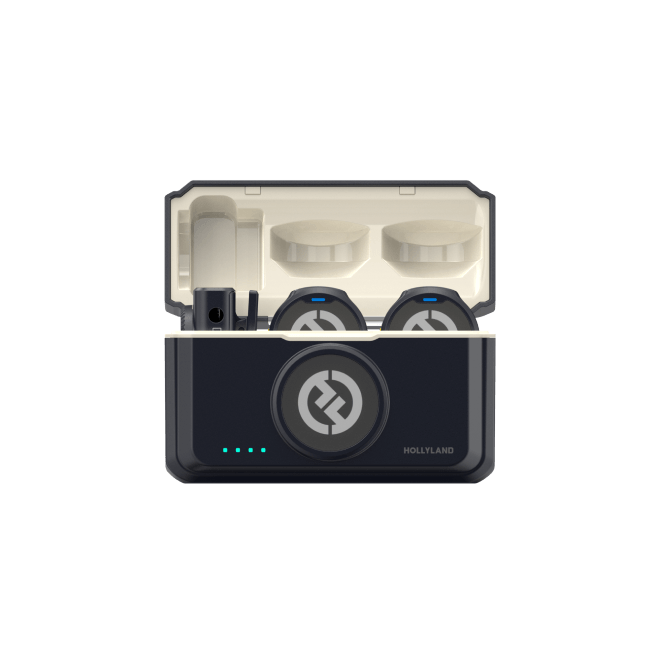
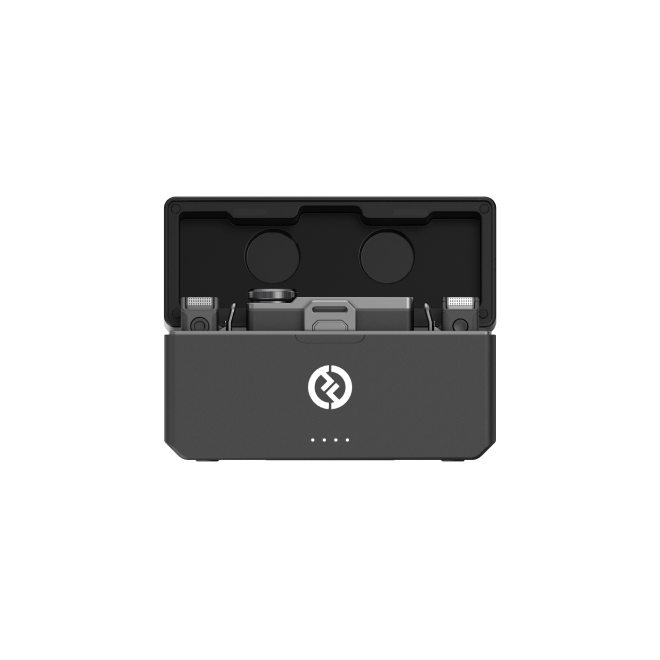
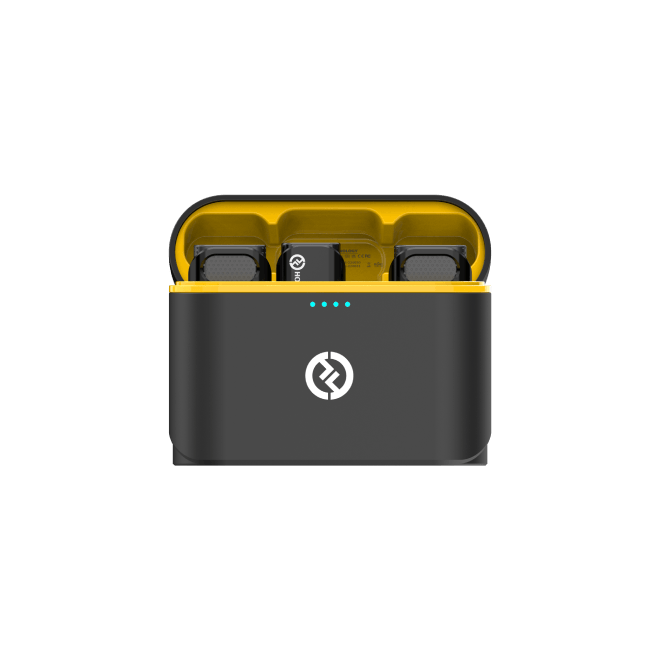
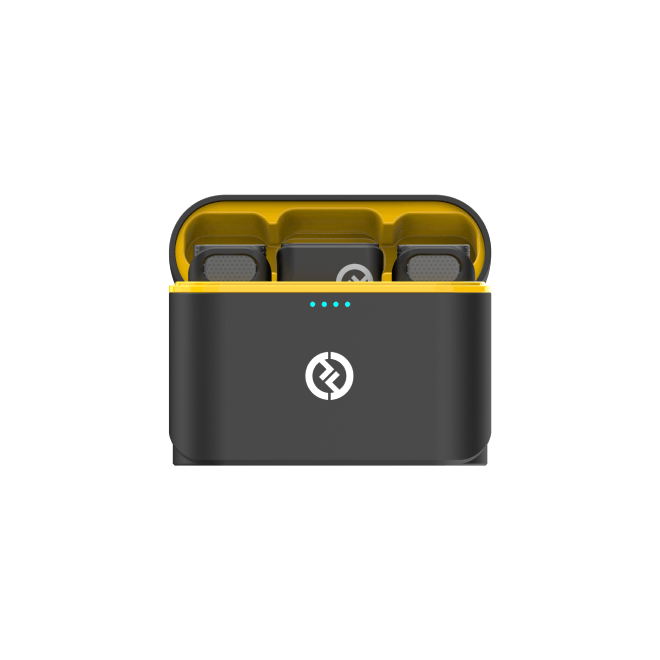
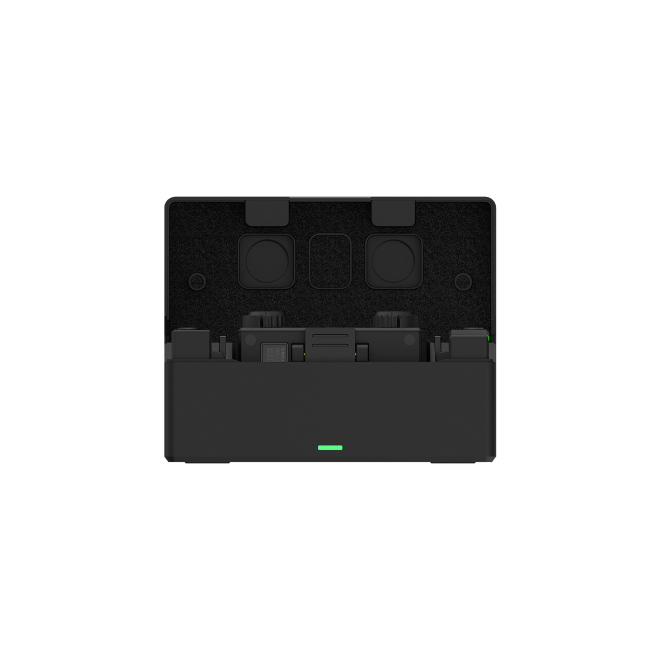

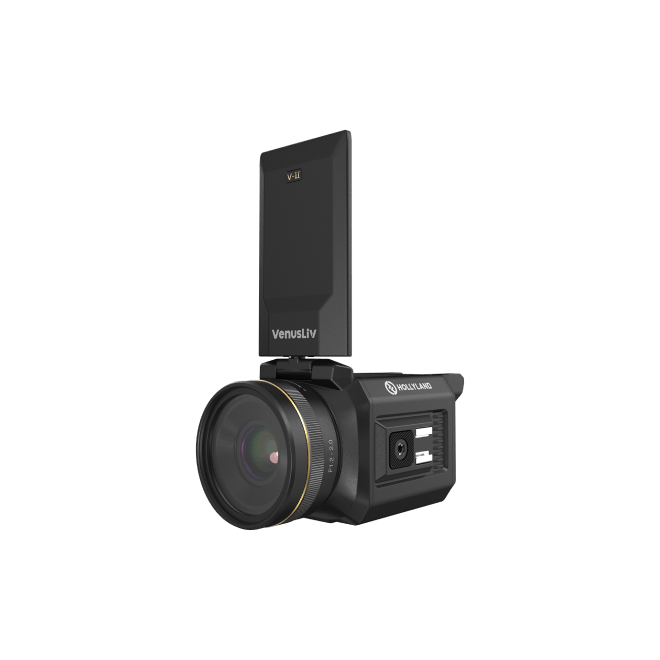
.png)



